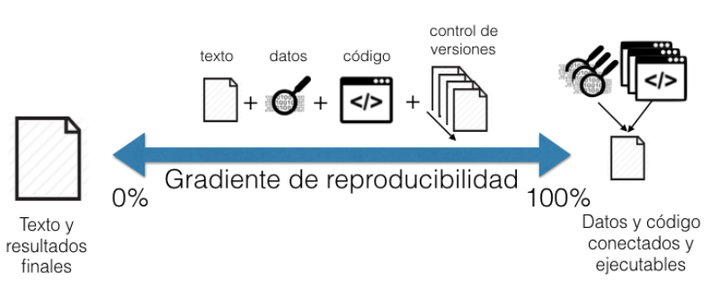
Abstract
Most scientific papers are not reproducible: it is really hard, if not impossible, to understand how results are derived from data, and being able to regenerate them in the future (even by the same researchers). However, traceability and reproducibility of results are indispensable elements of high-quality science, and an increasing requirement of many journals and funding sources. Reproducible studies include code able to regenerate results from the original data. This practice not only provides a perfect record of the whole analysis but also reduces the probability of errors and facilitates code reuse, thus accelerating scientific progress. But doing reproducible science also brings many benefits to the individual researcher, including saving time and effort, improved collaborations, and higher quality and impact of final publications. In this article we introduce reproducible science, why it is important, and how we can improve the reproducibility of our work. We introduce principles and tools for data management, analysis, version control, and software management that help us achieve reproducible workflows in the context of ecology.
Publication metrics